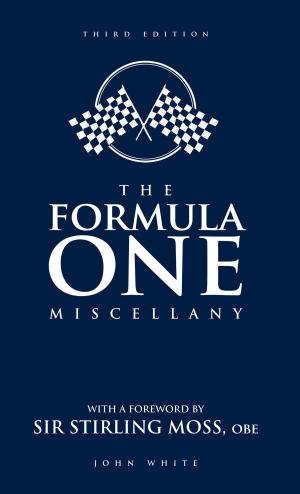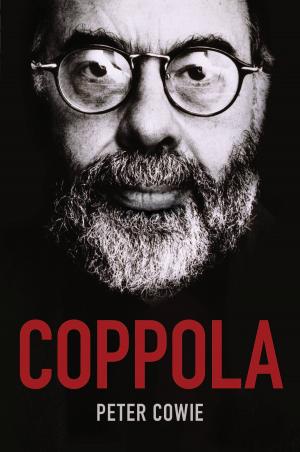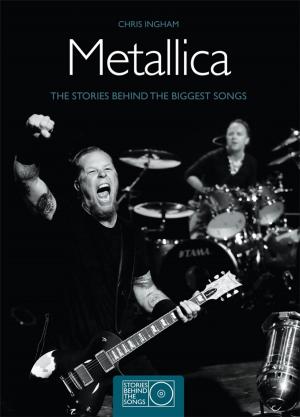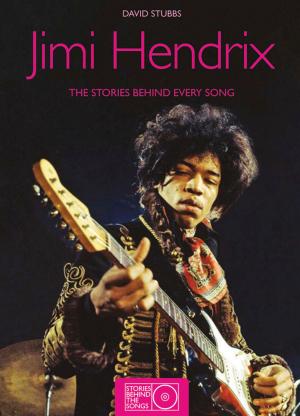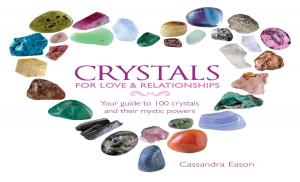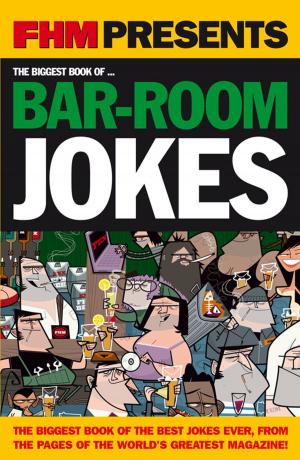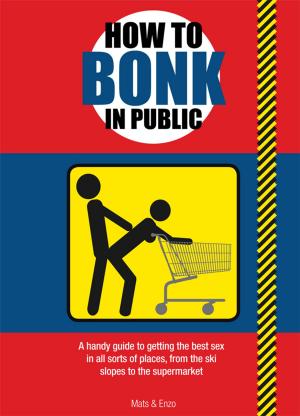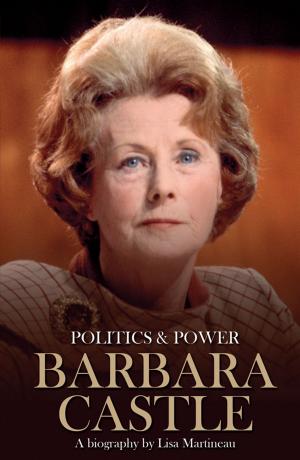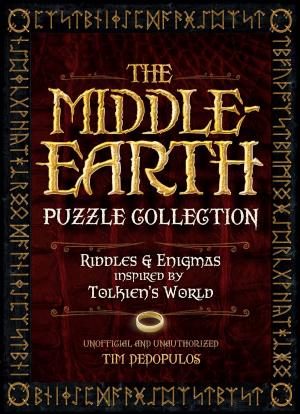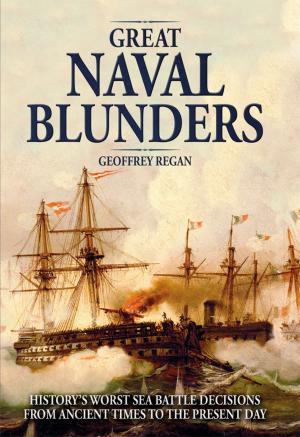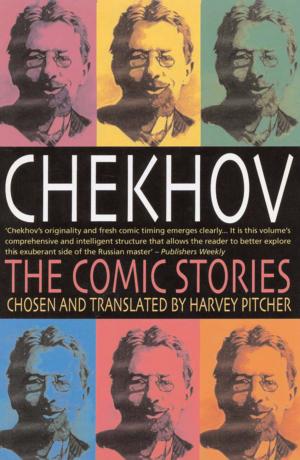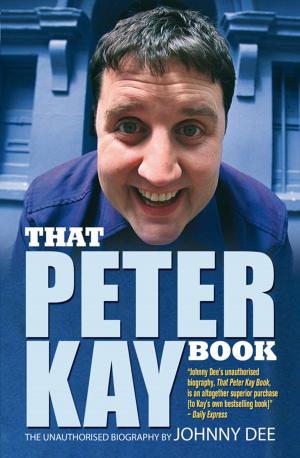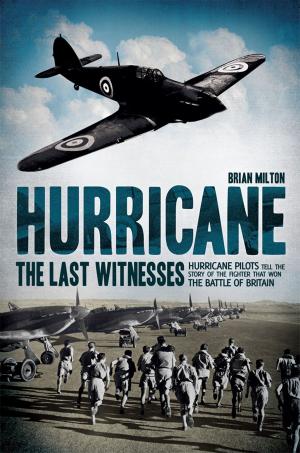| Author: | ISBN: | 9781780121253 | |
| Publisher: | Carlton Books | Publication: | December 15, 2009 |
| Imprint: | Andre Deutsch | Language: | English |
| Author: | |
| ISBN: | 9781780121253 |
| Publisher: | Carlton Books |
| Publication: | December 15, 2009 |
| Imprint: | Andre Deutsch |
| Language: | English |
By the age of eight, Jamie Oliver was already cooking in his parents' pub and restaurant in Essex. From Westminster Catering College, he went straight to the apron strings of Antonio Carluccio as his head pastry chef. Spotted by the director who would make Nigella, Jamie's cheeky chappy image in the kitchens of "The River Cafe" won him his own TV series, "The Naked Chef", by the tender age of 22. A monster advertising deal with Sainsbury's was soon to follow, allowing Jamie and his mates - strewn through his series as effortlessly as he chucked herbs on his easy dishes - to come into our sitting rooms several times a night. We watched him marry his sweetheart, become a father twice, and chewed our fingernails with Jools in Jamie's School Dinners", willing him to come home more often. His campaign, Jamie's "Fowl Dinners", highlights the animal welfare implications for chickens of our constant demand for cheap food. The story of Jamie Oliver is the story of a culinary revolution. Speaking to people at the very heart of this revolution, from chefs and food stars to politicians and media commentators, Gilly Smith asks if it was Jamie who struck the match, or whether it was simply time to turn up the heat under a world finally ready to feed itself.
By the age of eight, Jamie Oliver was already cooking in his parents' pub and restaurant in Essex. From Westminster Catering College, he went straight to the apron strings of Antonio Carluccio as his head pastry chef. Spotted by the director who would make Nigella, Jamie's cheeky chappy image in the kitchens of "The River Cafe" won him his own TV series, "The Naked Chef", by the tender age of 22. A monster advertising deal with Sainsbury's was soon to follow, allowing Jamie and his mates - strewn through his series as effortlessly as he chucked herbs on his easy dishes - to come into our sitting rooms several times a night. We watched him marry his sweetheart, become a father twice, and chewed our fingernails with Jools in Jamie's School Dinners", willing him to come home more often. His campaign, Jamie's "Fowl Dinners", highlights the animal welfare implications for chickens of our constant demand for cheap food. The story of Jamie Oliver is the story of a culinary revolution. Speaking to people at the very heart of this revolution, from chefs and food stars to politicians and media commentators, Gilly Smith asks if it was Jamie who struck the match, or whether it was simply time to turn up the heat under a world finally ready to feed itself.


